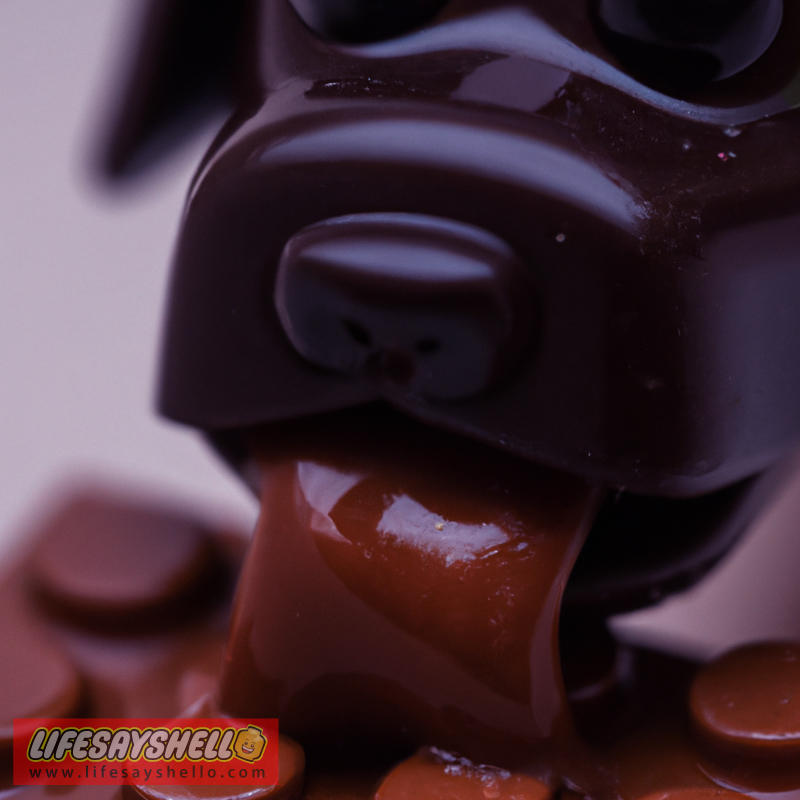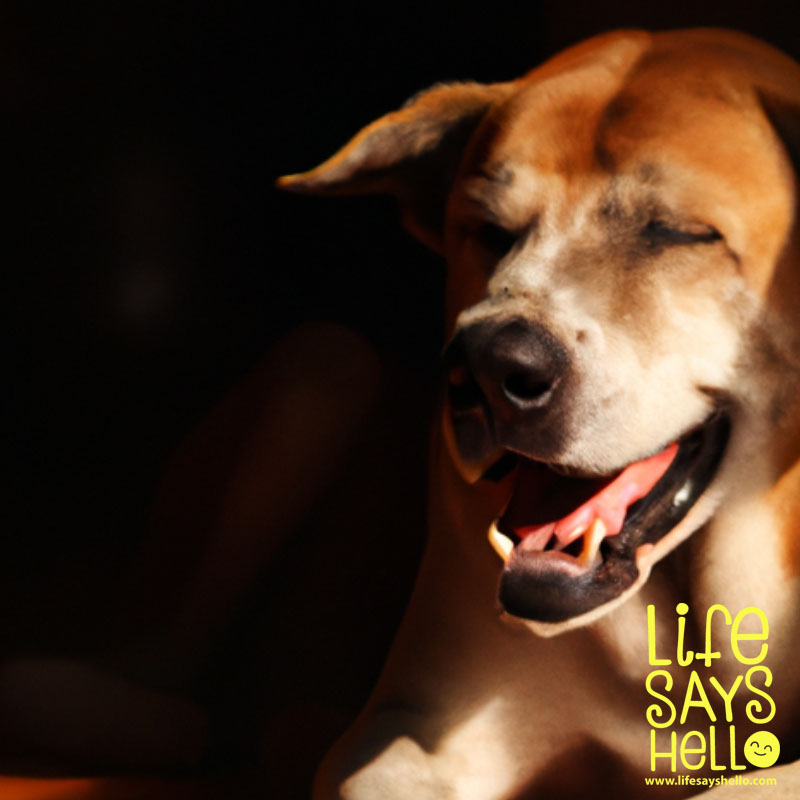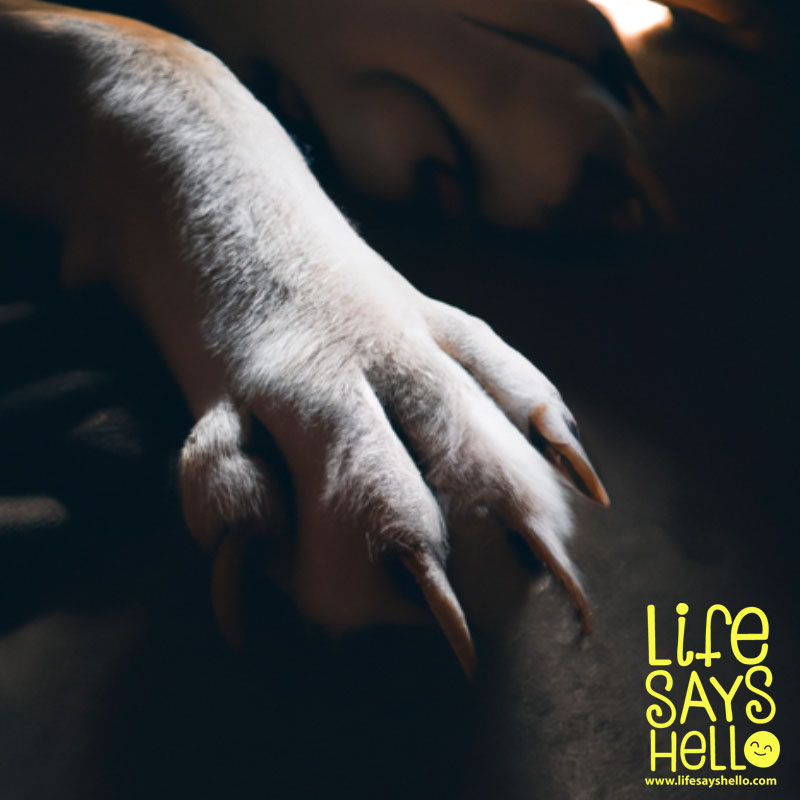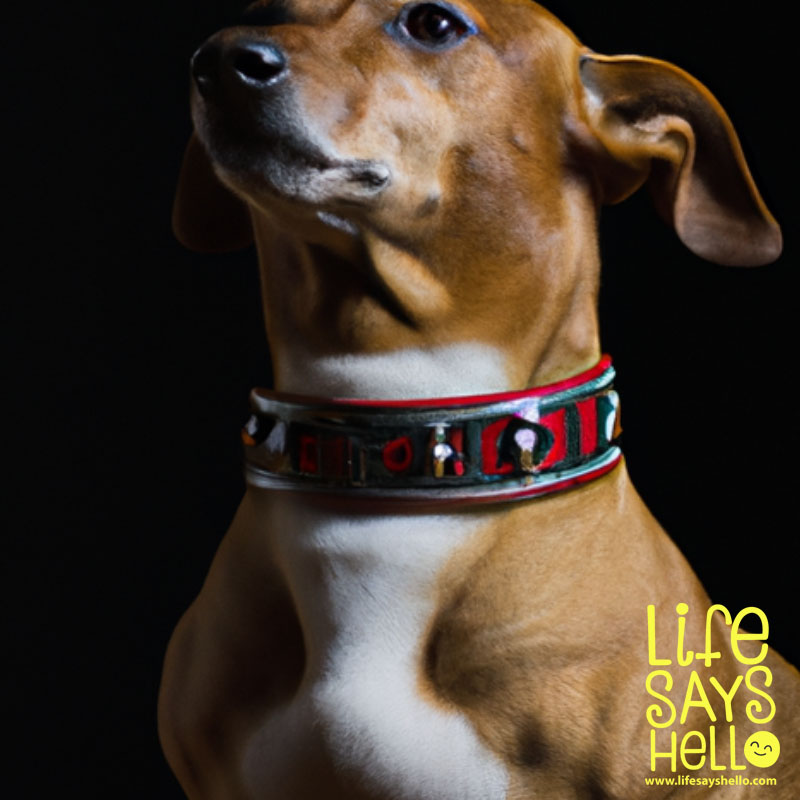Why Does My Dog Keep Eating Poop? An Owner's Guide

Dogs eating poop is a common and frustrating behavior issue for many pet owners. If your furry friend won't stop snacking on feces, you're probably wondering why and what you can do about it. Let's dig into the reasons behind this icky habit and how you can curb it.
The Gross Truth About Dogs and Poop Eating
Seeing your dog happily munch on poop can be downright disturbing. You likely worry it's unhealthy and gross (which it is). But to dogs, feces simply doesn't smell or taste the same as it does to us humans. Their powerful sense of smell allows them to detect scents and flavors we can't. To them, poop might smell like a tasty snack.
While you can't change your dog's senses, you can understand what drives this behavior and take steps to stop it. When a dog eats poop regularly, there's usually an underlying cause. Let's look at some of the main reasons dogs develop poop-eating habits.
Medical Conditions Can Lead to Poop Eating
Various medical conditions may prompt a dog to start eating poop. These issues lead to an increase in appetite or nutritional deficiencies that cause poop to seem appetizing. Some possible medical culprits include:
Diabetes: When dogs have diabetes, their bodies struggle to absorb nutrients from food. The lack of nutrition can make poop more appealing.
Cushing's Disease: This condition affects hormone levels and can increase hunger and appetite. The constant hunger may lead dogs to eat poop.
Thyroid Disease: An imbalance in thyroid hormones can also increase appetite and cause nutritional deficiencies.
Other Conditions: Diseases where malabsorption of nutrients is a symptom may also lead to poop eating.
If your dog has a new obsession with poop, it's important to take them to the vet. A full exam and diagnostic testing can identify if any underlying medical issues are at play. Treatment of the condition may stop poop eating behaviors.
Nutritional Deficiencies Drive Poop Eating Too
Even without chronic medical conditions, nutritional deficiencies alone can cause poop eating in dogs. One of the most common deficiencies is a lack of vitamin B. Important B vitamins include:
Thiamine: Also called B1, this supports metabolism and nerve health.
Riboflavin: Or B2, it helps convert food to energy.
Niacin: Known as B3, niacin aids digestion.
Pantothenic Acid: Or B5, it assists in creating blood cells.
Pyridoxine: Referred to as B6, it supports brain development and function.
Dogs with sufficient vitamin B get it through a nutritious, meat-based diet. But picky eaters or dogs fed poor quality food may become deficient. Since B vitamins are normally absorbed from food during digestion, traces pass through the body undigested. Dogs can detect these nutrients in poop and may eat it to satisfy deficiencies.
Adding a vitamin B supplement or improving your dog's diet can curb poop eating related to a lack of B vitamins. Your vet can recommend supplements and dietary changes.
Stress and Anxiety Are Surprising Causes
You might assume boredom is the main emotional factor behind poop eating in dogs. But stress and anxiety are actually more common triggers than boredom. Situations that can cause stress or anxiety include:
Isolation: Dogs are pack animals. When left alone frequently, they can become very stressed.
Loss of a Companion: If a canine companion passes away or leaves, dogs become stressed and mourn the loss.
Punishment: Harsh punishment like hitting or yelling can traumatize dogs. It leads to long-term stress.
Environmental Changes: Changes to their routines, homes, and owners cause anxiety in dogs.
To curb poop eating related to stress, focus on creating a calm environment for your dog. Spend more quality time together, stick to a routine, and avoid punishments. Prescription anti-anxiety medication may also help in extreme cases of separation anxiety or trauma.
How to Stop Your Dog from Eating Poop
Now that you know the possible reasons behind poop eating, let's discuss solutions. Be aware that fully resolving this habit takes time and patience. But you can improve the situation. Here are some tips:
Restrict Access
The easiest way to stop poop eating is limiting access to poop. When outside with your dog, immediately pick up and dispose of any poop. Double check your yard for any "leftovers" before letting your dog out again.
If you have a cat, be diligent about cleaning litter boxes multiple times per day. Don't allow your dog in the same room. The less poop your dog encounters, the less likely they'll eat it.
Train Your Dog
Training is essential for curbing poop eating long-term. The most important command to teach is "leave it." Start by placing a treat on the floor and covering it with your hand. Say "leave it" and wait for your dog to stop sniffing and looking at it. Reward them with a different treat when they lose interest and look away from the one on the floor.
Gradually build to dropping the treat without covering it, then practice with you holding the treat in an open palm. Eventually try "leave it" when your dog tries to eat poop outside. Reward them anytime they obey. With consistency, they'll learn to avoid poop when told to "leave it."
Also teach a solid "sit" or "down" command. Use these to redirect your dog's attention if they start approaching poop. Reward them for obeying the command and avoiding the poop.
Add Supplements
If your vet rules out medical conditions, supplementing your dog's diet may help resolve nutritional deficiencies driving poop eating. As mentioned, vitamin B deficiency is common. A vitamin B complex supplement can provide missing nutrients.
Probiotic supplements may also help by optimizing digestion. Enzyme supplements support proper breakdown and absorption of nutrients from food. Talk to your vet to determine which supplements make sense for your dog.
Use Deterrents
You can also make poop less tempting by using deterrents. For example, sprinkle cayenne pepper, lemon juice, or hot sauce on poop to make it unappealing. Note that you'll need to reapply deterrents after rain.
Adding canned pumpkin to your dog's meals can also make poop less palatable. The pumpkin changes stool odor and flavor. But avoid using harsh deterrents like ammonia, as these are unhealthy for dogs.
Get Professional Help
If you can't curb poop eating on your own, consult your vet about anti-anxiety medications. For extreme stress and trauma cases, work with a professional trainer or behaviorist. They can identify the root cause of your dog's poop eating and create a customized training plan.
While poop eating might seem like a hopeless habit to break, there are many steps you can take to resolve it. With patience and persistence, you can have a poop-free pup. Just be sure to check with your vet first to address any potential medical conditions contributing to the behavior.




Comments